Understanding Humectants and Their Role in Hydrating Skin & Hair
Not only does dry skin look dull, but it also makes your skin prone to other skin problems. Dry skin or dry scalp can lead to irritation, general discomfort, itching, swelling, redness, and in extreme cases eczema. It ages your skin faster, causing cracks and wrinkles all over. Its flaky texture tends to give you a dry and unhygienic look.
These are some of the many reasons we’re beginning the conversation about humectants. If you have dry skin, you must have come across hundreds of articles suggesting you the use of products with humectants. But few people are well-read about what humectants are, why they are important for skin and hair, and where you can easily find them.
What are Humectants?
Humectants are commonly understood as “water magnets.” They play the role of keeping skin hydrated. Because they attract water, their application on the skin or hair retains moisture on the top layers. This makes way for radiant and appropriately hydrated skin. Hair too feels softer and looks shinier when hydrated. Another distinctive characteristic of humectants is that some of them work by removing the dead skin layer of the skin. This allows for the inner layer, which is hydrated, to make up smooth skin.
Humectants are present naturally in your body but are also seen in soaps, shampoos, lotions, conditioners, and face creams. An “oil-free” product is likely to have lots of humectants like glycerine and hyaluronic acid.
How Do Humectants Work?
Chemically speaking, humectants are hygroscopic compounds that establish hydrogen bonds with water molecules. Therefore, they are chemical compounds that are looking to bond with water. Their presence on the surface of the skin draws out water from the inner layers of skin as well as from water vapor present in the air. This is why they are a good hydrating agent for skin and hair. They increase the water content on these surfaces.

A few variations of humectants like Alpha Hydroxy Acids (AHA) have an additional role. Dead cells build up on the skin when the water content in the top layer of skin falls below 10%, resulting in dry, rough-textured skin. These humectants break down and remove the dead skin layer of the skin. After this is done, they retain moisture on the skin. This function of humectants makes way for nourished and radiant skin.
Some Common Humectants
Many natural ingredients make up for great humectants, but a lot of them are synthetically made. Most personal care products are likely to have synthetic humectants because they’re cheaper and easily available. Regardless, they play the role of rehydrating skin. Here are some common natural and synthetic forms of humectants:

Glycerin
Glycerin is a colorless chemical that acts as a powerful humectant. It maintains a healthy skin barrier and is naturally found in plant and animal tissues. Often, soybean and sugarcane are used to create the glycerin used in cosmetics. It is a popular cosmetic component used in shampoos, conditioners, and soaps.
Hyaluronic Acid
Hyaluronic acid is a transparent, sticky material naturally occurring in the human body, found in the highest concentrations in the skin, connective tissues, and eyes. Its primary purpose is to hold water to keep your tissues lubricated and moist. One of the reasons that contribute to dry, aging skin is that the production of this molecule reduces with age. Therefore, it is typically found in anti-wrinkle products.
Urea
Urea is a substance that is generally synthesized in a lab and utilized in skincare products, but it is also produced naturally on your skin and released in urine. It has hydrating and exfoliating characteristics, specifically recommended for very dry skin; but is not to be used for cracked or injured skin because it can cause stinging.
Alpha Hydroxy Acids
Alpha-hydroxy acids (AHAs) are types of acids originating from plants and animals. They are found in multiple anti-aging products, such as serums, toners, and creams, as well as more intensive procedures such as chemical peels. Out of the several different forms of AHAs used in beauty products, lactic acid and glycolic acid are the most promising.
Honey
Honey is a widely used ingredient in beauty products. Even after being washed off, the sugars in honey work as natural humectants and emollients, increasing the water content and reducing dryness in the skin. Most ingredients with lots of sugars make for great humectants.
Benefits of Humectants for Hair

While humectants are widely popular in skincare, they do not fall short of their goodness in the haircare community. The hydrating properties of humectants are essential for softer, thicker, and shinier hair. It can prevent frizz and excessive dryness. Let us discuss the benefits of humectants for hair in detail.
Softer Hair
Dehydrated hair can be the reason for frizzy and messy hair. Humectants hydrate hair, making the surface of hair and scalp smoother. This makes way for softer, radiant hair. Water retaining humectant properties helps one maintain moisture in the hair that might otherwise dry up, especially in winter seasons.
Gets Rid of Split Ends
Split ends might be the reason you compulsively chop off your hair every few months, giving up on your long hair dreams. Fortunately, using an appropriate number of humectants might be exactly what you need to get rid of split ends without having to chop them off. Keeping your hair shafts hydrated is the key to preventing split ends, which are caused by a dry scalp.
Prevents Itchy Scalp
A dry scalp is irritating and causes flakes, discomfort, and itching on the scalp. Hydrating your scalp with humectants ensures that you don’t have these problems. Humectants bring moisture to the surface of your scalp, enabling them to provide nutrition to your locks.
Repairs Damage and Grows Hair
Dry hair and dry scalp ultimately lead to damaged hair, which can lead to hair loss. Hair loss is characterized by an inability of the scalp to grow new hair strands. Often this happens due to damage, lack of nutrition, and dehydrated scalp. By appropriately providing nutrients to the scalp and hydrating, one can repair hair damage and promote hair growth.
Benefits of Humectants for Skin

Humectants are not just beneficial, but also necessary for healthy skin. Here are some of the numerous role’s humectants play in keeping your skin in the best shape.
Anti-Aging
Dryness causes cracks and breaks in the skin. Appropriate water content on the surface of one’s skin is essential for healthy and youthful skin. Humectants hydrate your skin and prevent wrinkles and loose skin. Regular use of humectants is essential for clear and soft skin.
Prevents Infections
Dryness on the skin causes discomfort and itching, enabling rashes, swelling, redness, and severe infections. It can also cause eczema and flaky skin. Apart from having obvious hydrating benefits, many humectants are acids that prevent microbes from attacking your skin. This prevents allergic reactions.
Suitable for Oily Skin
Oily skin can be as, if not more, irritating as dry skin. Oily skin is more susceptible to acne, pimples, greasiness, and so on. Humectants tend to be water-based, which makes them suitable hydrating agents for oily skin. They do not produce excess oil and instead bring more water to the surface of the skin. There is less chance of blotting and clogged pores upon their usage.
Exfoliation
Some humectants have the role of exfoliating and removing the uppermost dead skin layer. This enables them to absorb deep into your skin and retain water optimally. This provides skin lubrication, elasticity, smoothness, and radiance.
How are Humectants Different from Moisturizers?
Most substances can be classified into three types of hydrating agents or moisturizers. Humectants are one of these. These three include: -
- Humectants, whose function is to bind water on the skin. They work by attracting water to wherever they’re applied and used. They include glycerine, AHAs, urea, honey, aloe vera, and so on.
- Emollients, which are moisturizing chemicals that soften the skin, keep it supple and reduce inflammation. Butters, oils, lipids, and fatty acids are examples of emollients, which are known to help repair the skin barrier and prevent dry skin.
- Occlusives, which are substances that form a physical barrier on the skin to prevent water or oil/sebum loss and keep moisture locked in. Petroleum jelly, mineral oil, silicone, waxes, and lanolin are examples of occlusives.
As a general rule, humectants are recognized to be hydrating agents more than being moisturizers, because their main job is to bind water in the skin. Emollients and occlusives are considered to be moisturizers because they actively provide oil or lipids to the skin. In addition, they provide a protective barrier to the skin to prevent it from losing moisture in a dry atmosphere.
A major limitation of humectants is that while they exfoliate and hydrate, they do not ensure locking moisture in the skin. In excessively dry weather conditions, they might lead to the skin being drier, because they absorb water from the deepest layers of the skin, which ends up being evaporated in the atmosphere. Yet, they are suitable for oily skin because they provide oil control.
If you have dry skin, it is recommended that you use a humectant first and follow it up with an emollient. Very dry and flaky skin is usually prescribed with occlusives like mineral oils. Many oils and kinds of butter act as both occlusives and emollients. Store-bought moisturizers tend to have combinations of all. It is suggested that you use a moisturizer that does not have preservatives or artificial fragrances for the best moisturizing results.
DIYs Using Natural Humectants

As discussed before, humectants occur naturally in several plant and animal-based substances. Honey, aloe vera, lactic acid, avocados are all ingredients readily available at your home and make up great humectants. Here are some easy home remedies using natural humectants: -
- Honey and Avocado Mask: Honey and avocado not just make healthy delicious foods but also natural beauty’s best humectants. Honey is one of the best-known humectants out there while Avocado is known to be a smoothening and nutritious skincare ingredient. Mix equal parts of honey and mashed avocado into a bowl. Apply it to the face and neck. Leave it on for about half an hour and then rinse. You will be pleased to find supple, exfoliated, and smooth skin.
- Add Aloe Vera Juice to Your Shampoo: Aloe vera is not just a beloved humectant but is used in many skin ointments, shampoos, and conditioners, thanks to its soothing and antioxidant properties. Adding some of its juice to your hair wash routine might be exactly what you need to have a hydrated scalp at the end of hair wash. This will especially be effective in preventing dandruff in winters.
- Yogurt, Rosewater, and Honey: If your skin is too dehydrated, consider mixing some yogurt, a few spoons of honey, and a few drops of rosewater in a bowl. Mix it up to make a hydrating paste. Apart from the obvious humectant honey, yogurt contains lactic acid which has proven to be an effective AHA. Rosewater is not a humectant but can penetrate deep into your skin to provide it with nutrients. For best results, rinse this mixture with water after 30 minutes of application.


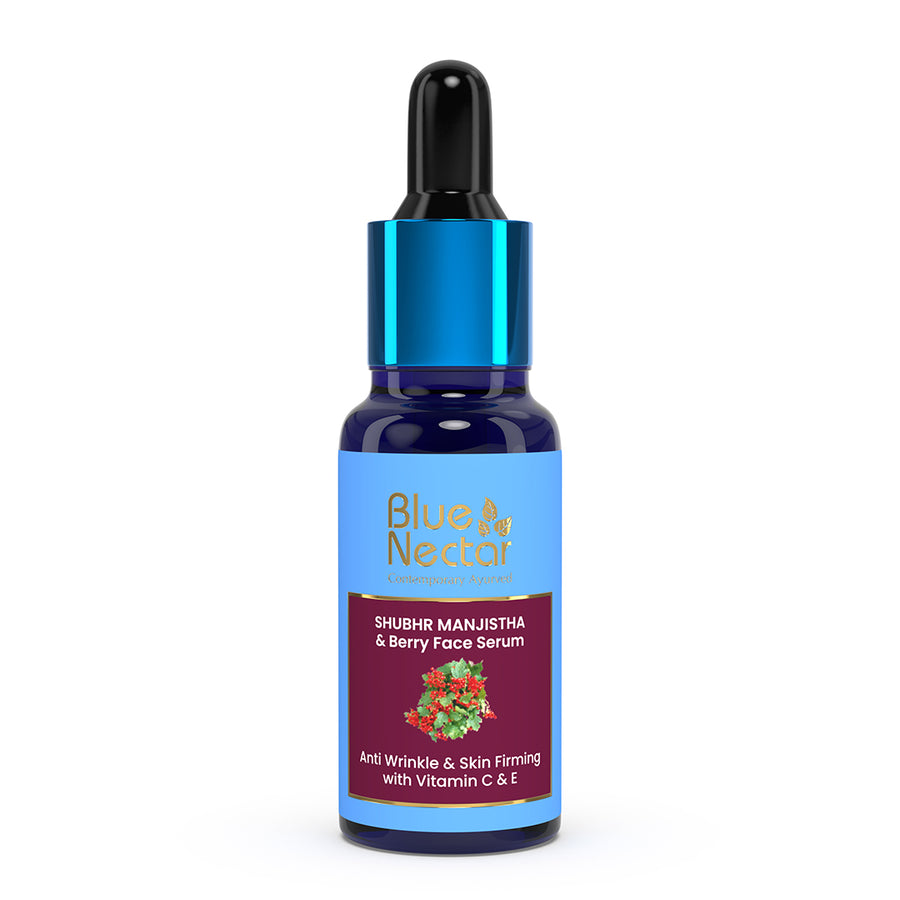

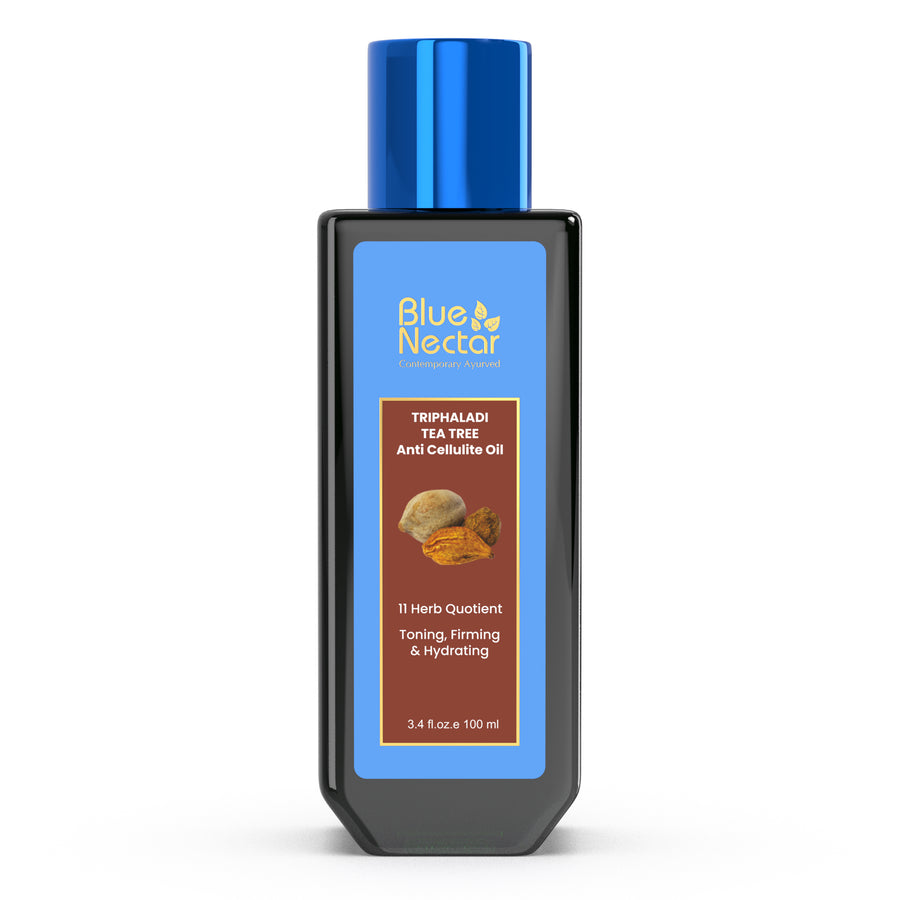
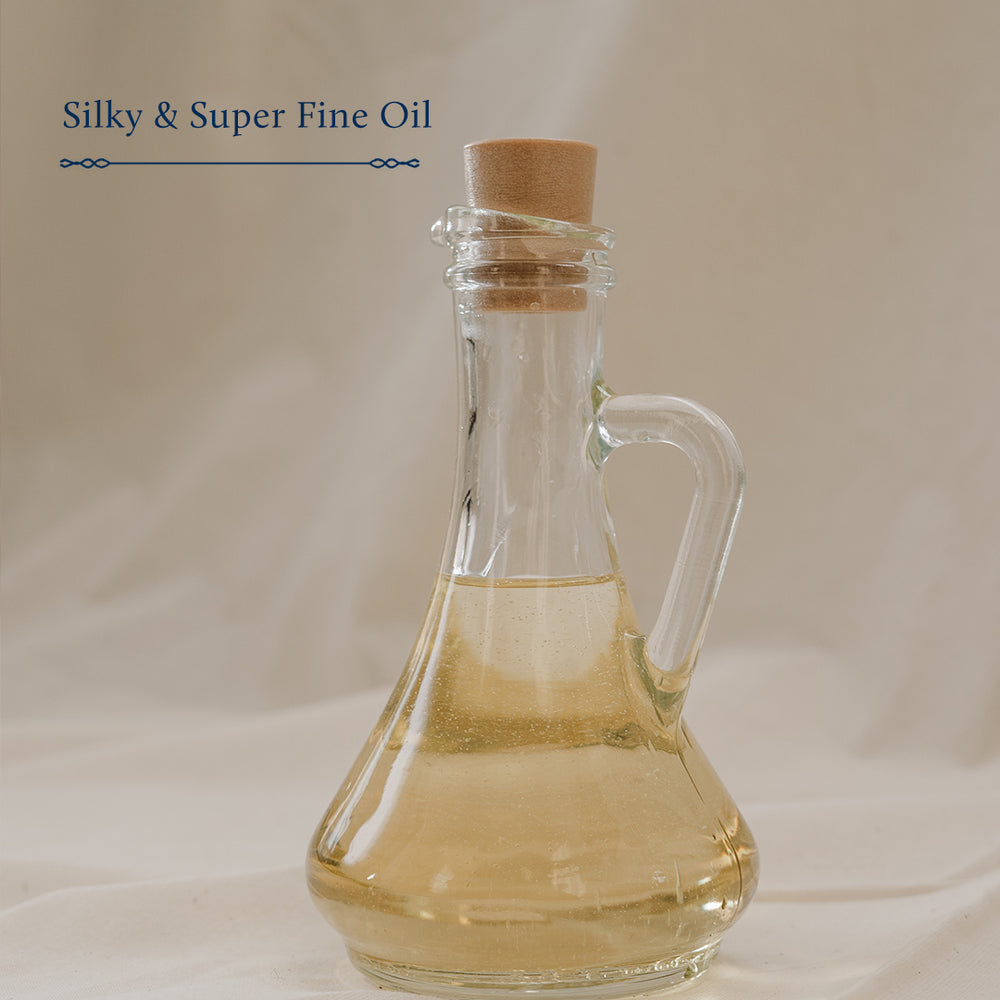
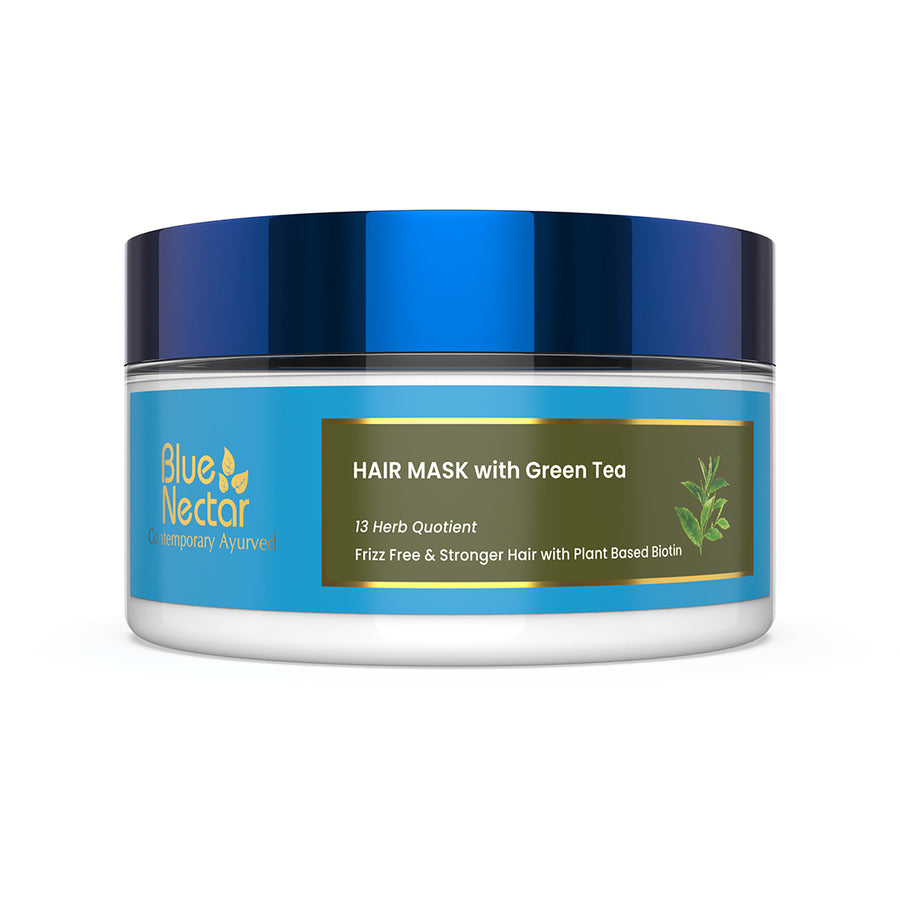
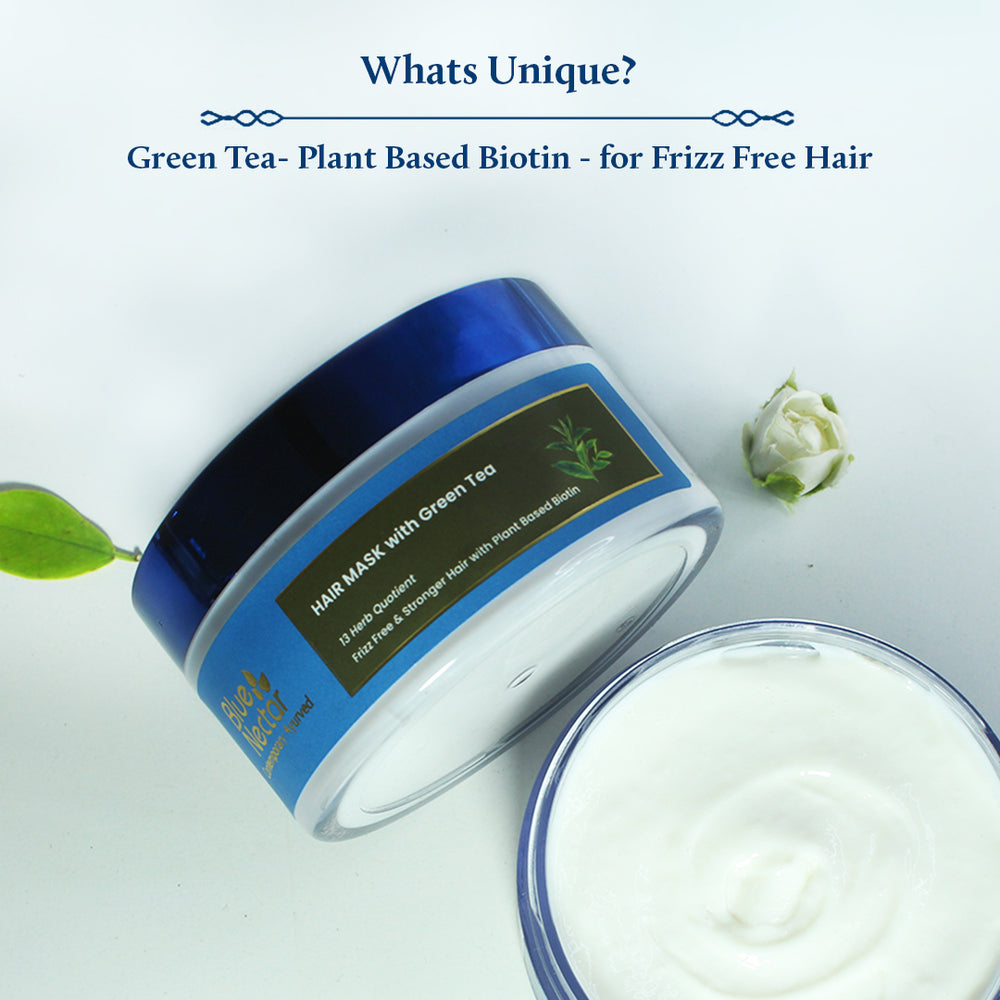


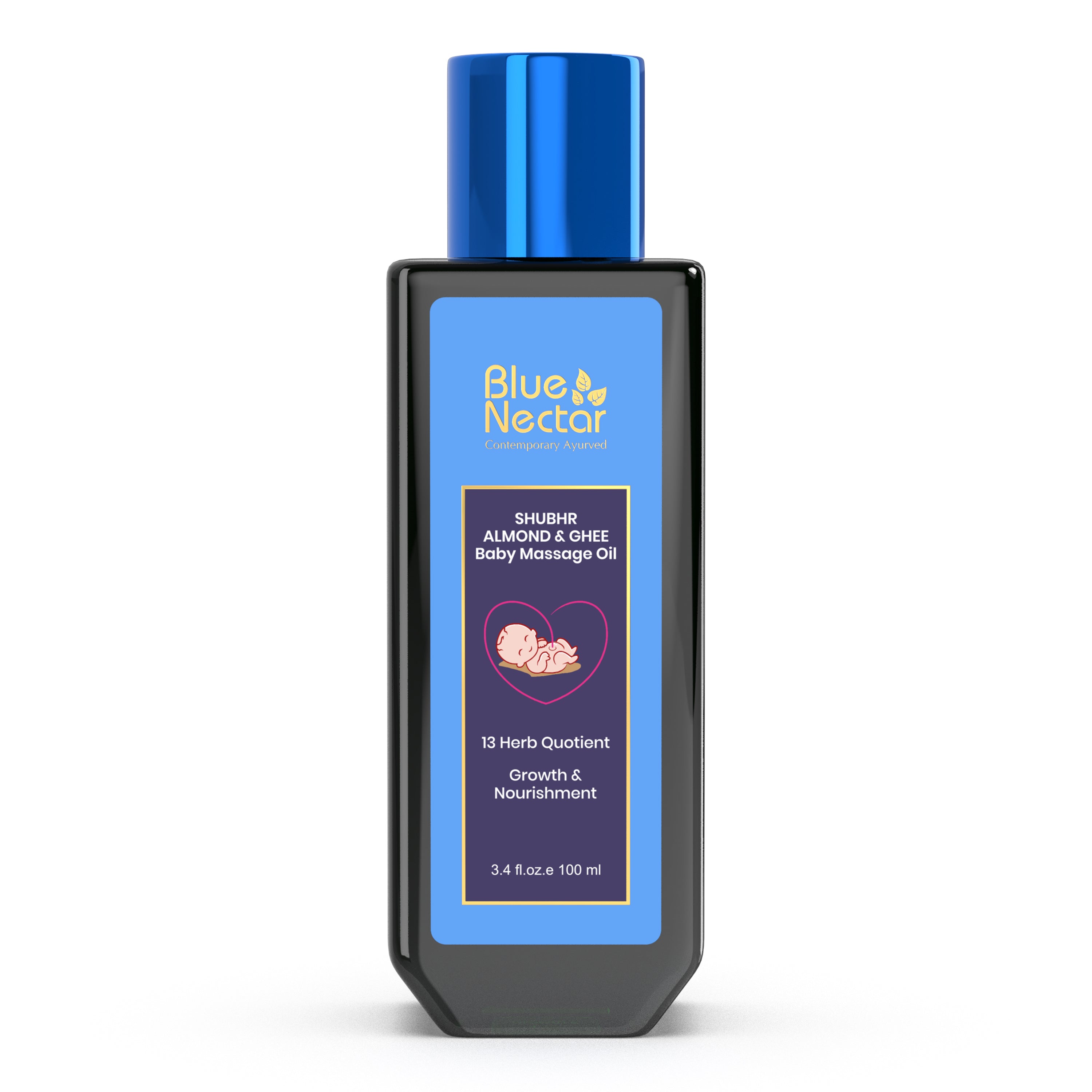
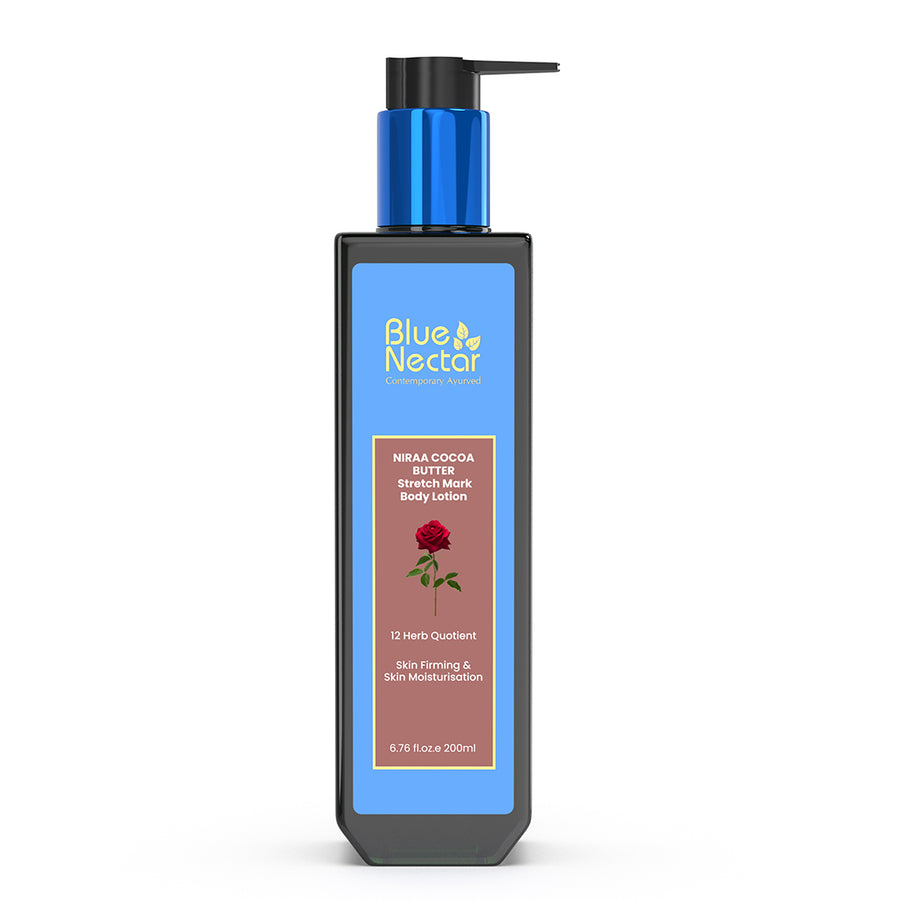

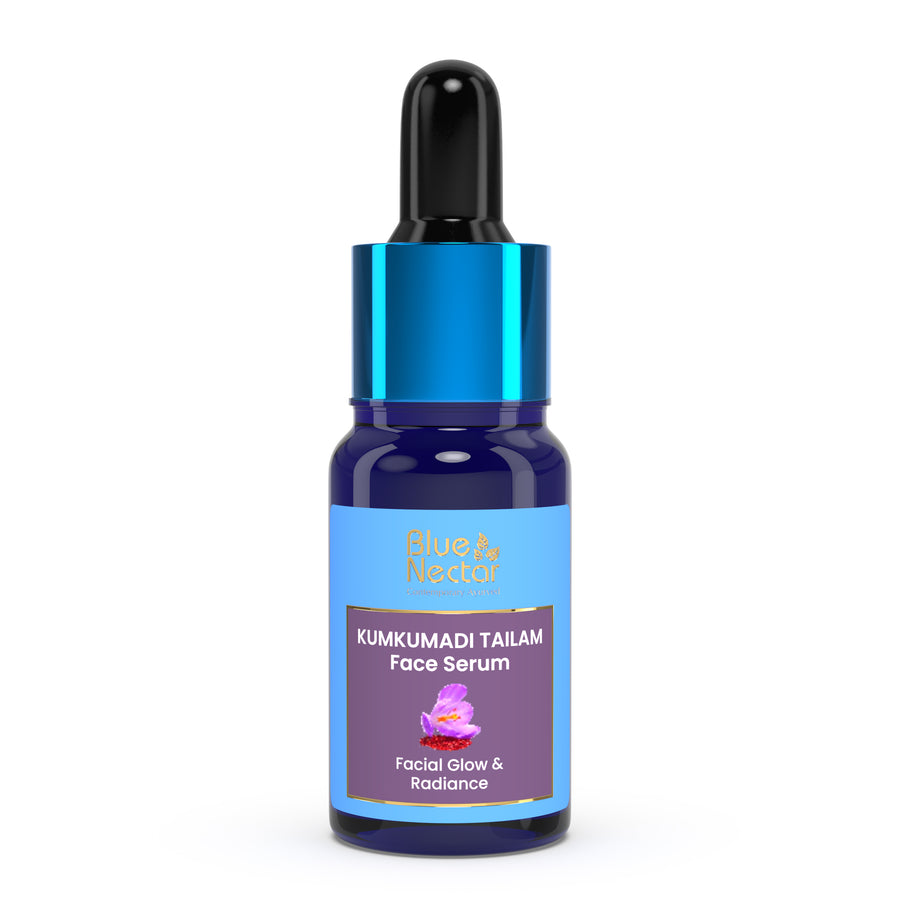
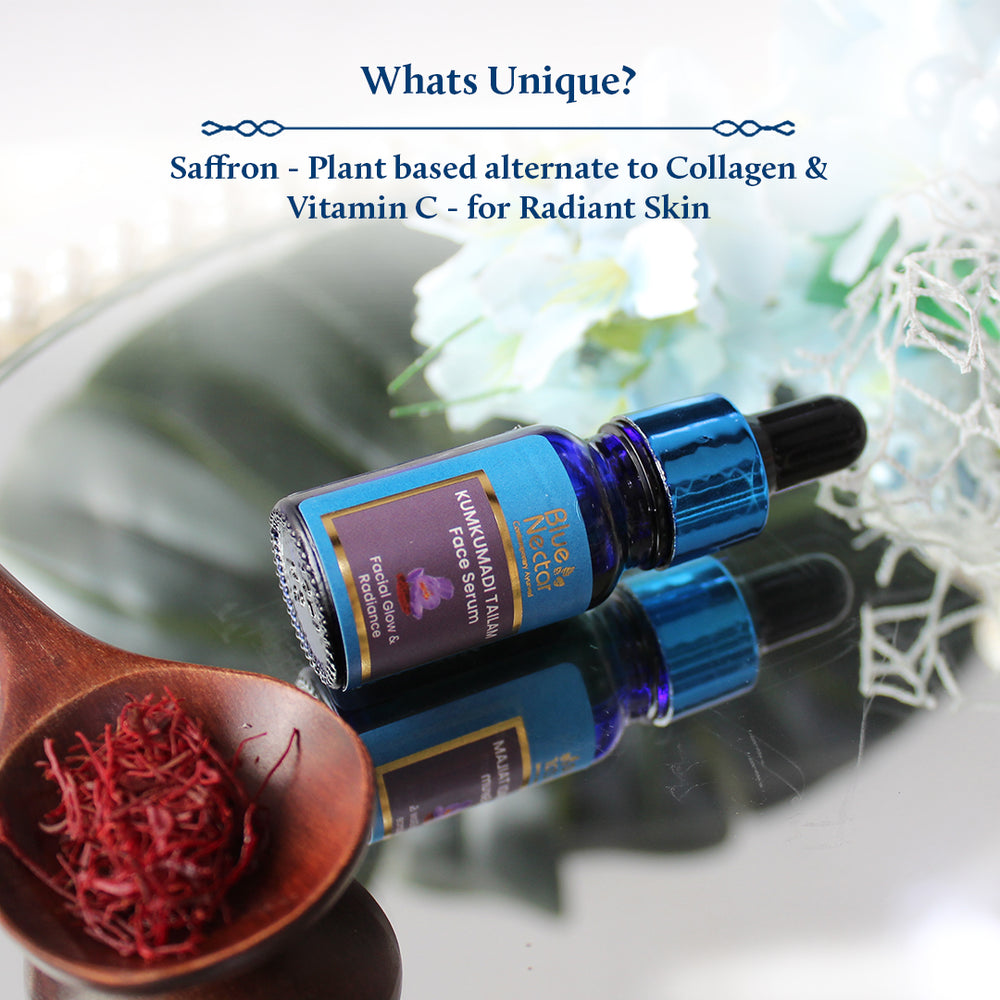
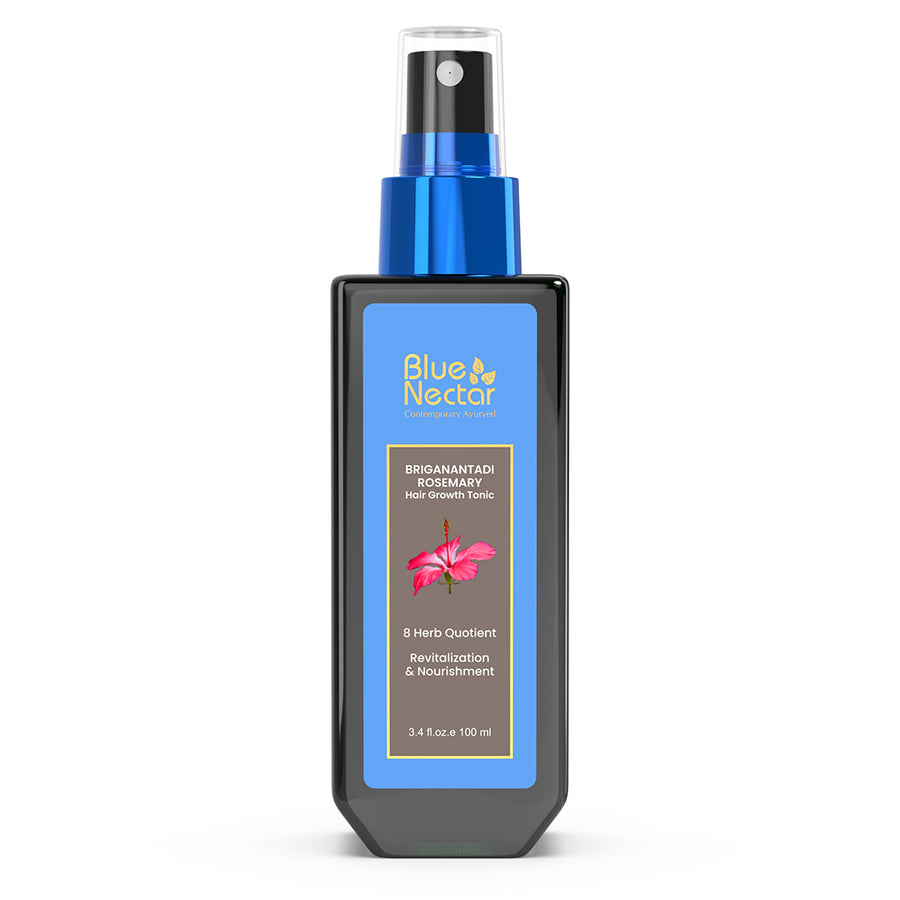
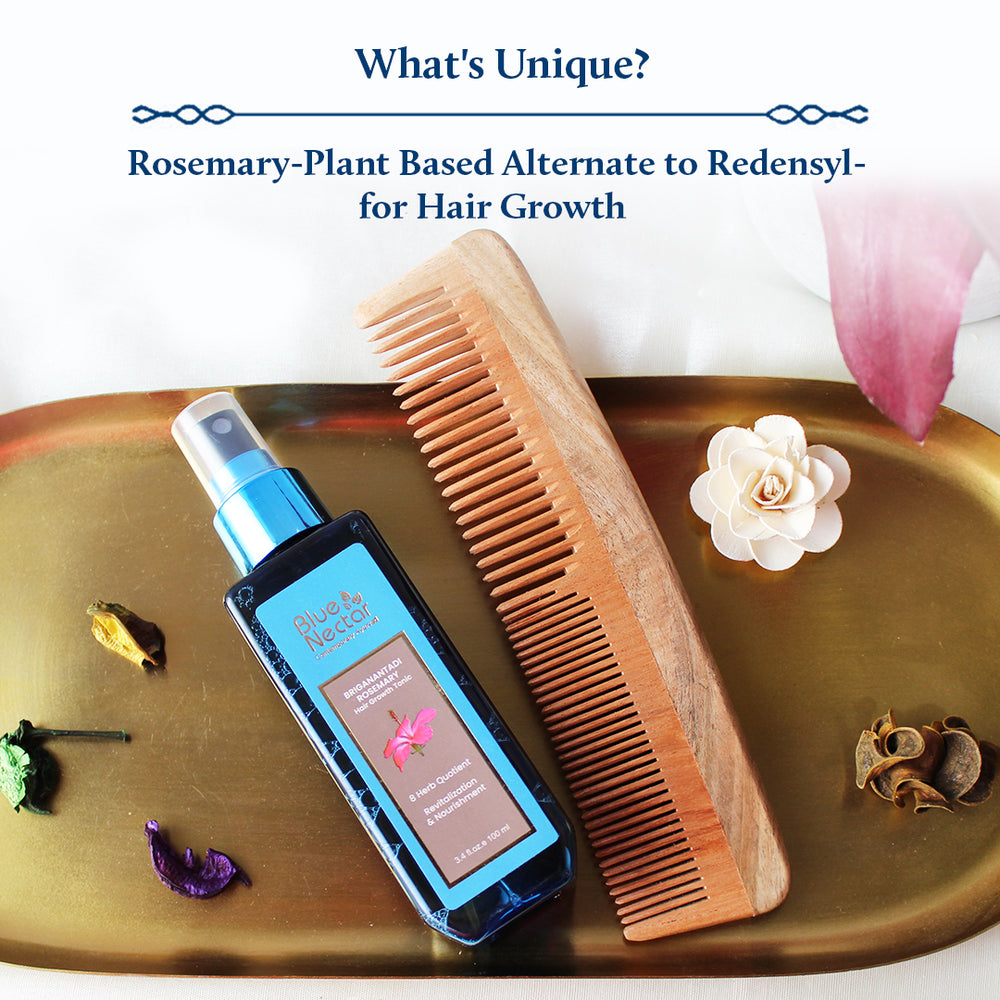

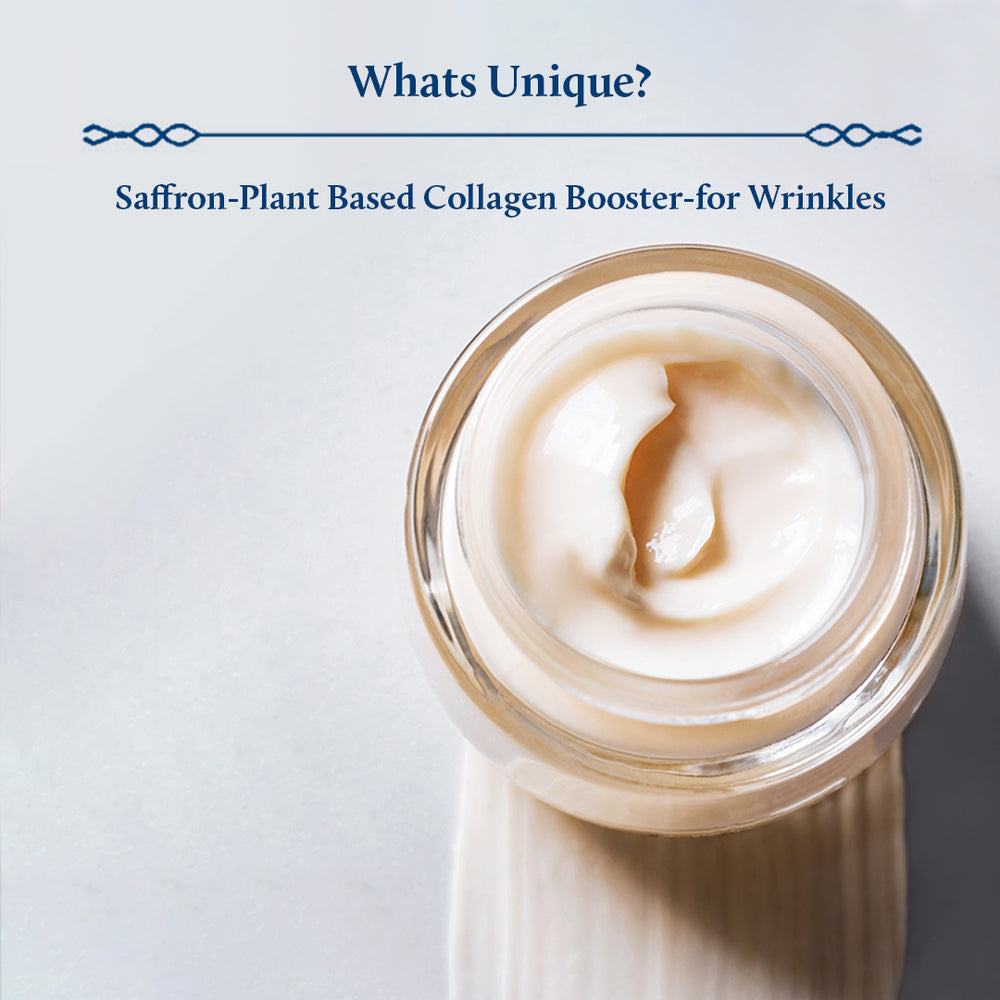
Leave a comment